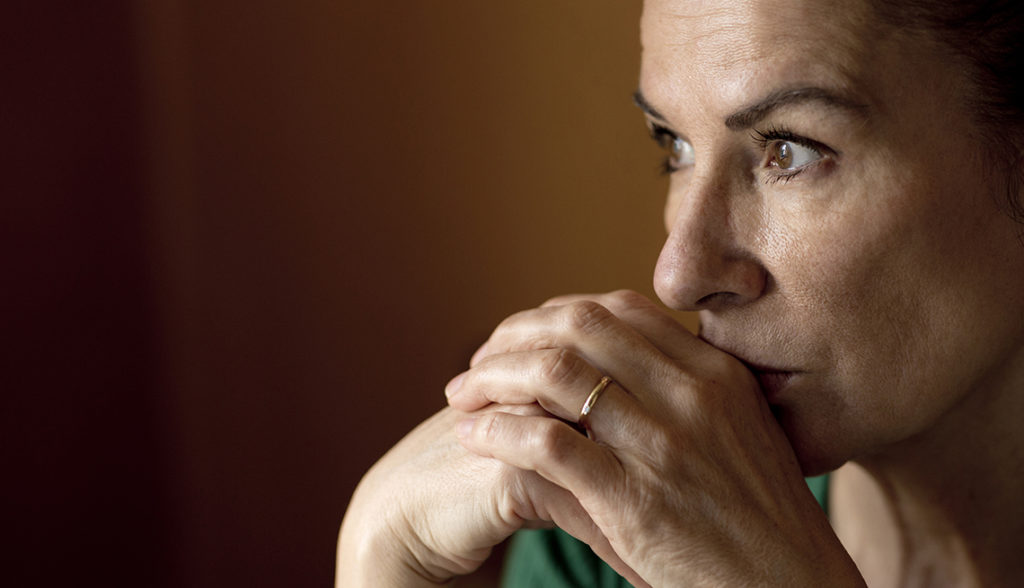Ask most mental health professionals about the gender mix of their patients with depression and they’re likely to report that most are women — who are almost twice as likely as men to be diagnosed with the condition, according to the Mayo Clinic. But ask experts why there’s such a disparity between genders, and you’ll end up with a complex web of potential reasons, including women’s hormonal differences and the fact that they’re generally more willing to seek help. The good news is that once depression is diagnosed, it can be treated.
Here’s what to know about women and depression — and how to get help.
Hormonal differences
While depression can occur at any age, and for a variety of reasons (a family history of the disorder can make you more prone), women are particularly vulnerable during times of hormonal fluctuations — typically between the beginning of puberty and menopause. Hormones such as estrogen and progesterone affect serotonin, a feel-good brain chemical that encourages feelings of well-being. When hormone levels drop, serotonin levels drop, sometimes bringing on a maddening shift in mood. The reproductive years are a prime time for depression.
So is the transition into menopause, known as perimenopause. Adding to melancholy mood: hot flashes and night sweats, which can lead to a lack of sleep. According to the Centers for Disease Control and Prevention, not getting enough shut-eye plays a role in mood and may even increase your risk of dementia.
Higher stress levels
But biology alone isn’t to blame. Women were almost twice as likely to be affected by anxiety than men, according to a 2016 study, which appeared in the journal Brain & Behavior. Juggling work and household duties or caring for elderly family members can take a toll. (Women make up about 60 percent of family caregivers.)
“Women also live longer and spend a longer period of time alone after losing a loved one, and are at increased rates for financial instability and isolation,” says Helen L. Coons, clinical director for Women’s Behavioral Health & Wellness at the University of Colorado School of Medicine’s Department of Psychiatry.

